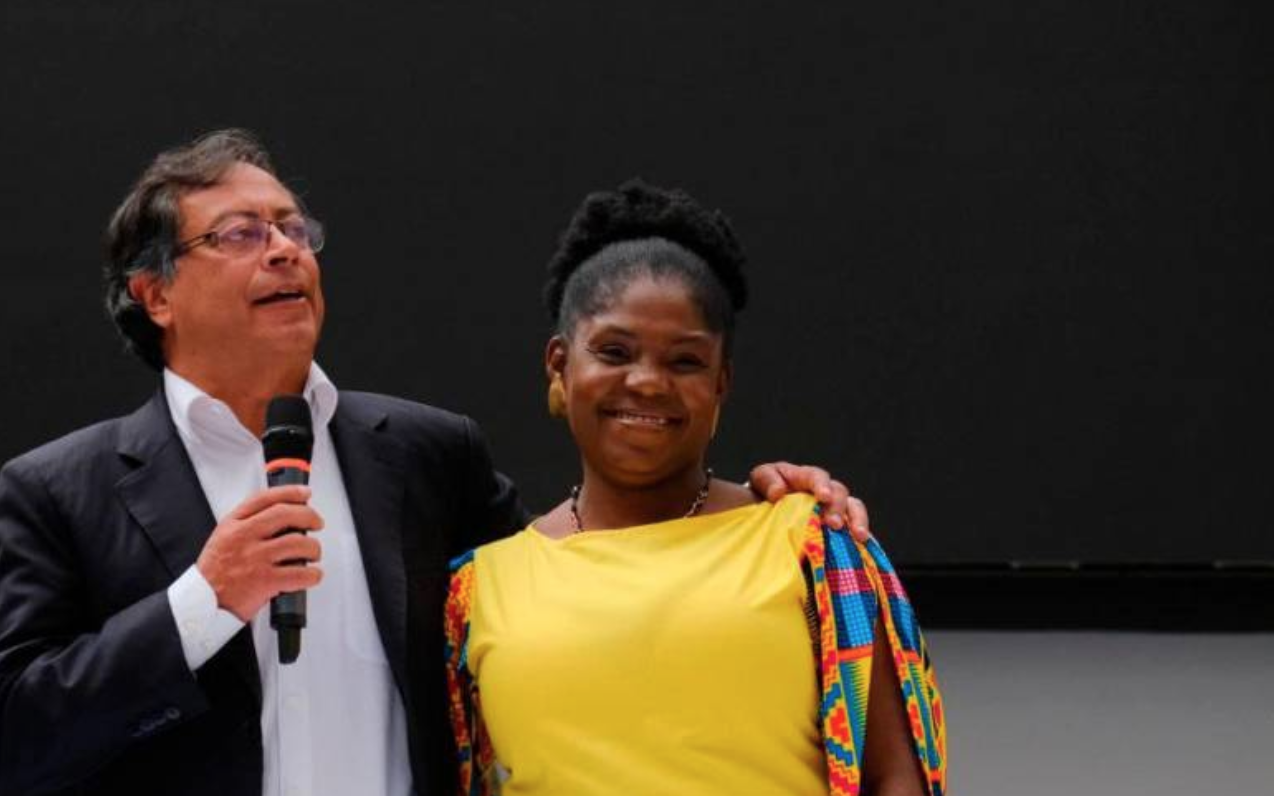The behavioral patterns of politics allow us to establish cycles and, at the same time, point out consistencies or ruptures. As far as Latin America is concerned, despite being a more heterogeneous region than what is usually considered, its behavioral patterns are no exception. Beginning in the second half of the 1970s, different analyses began to categorize the political cycles in which most of the countries were embedded in. Terms such as transition, consolidation, governance, neoliberalism, and “left turn” served as a guide to understand what was happening. The context was varied, and the democratic path with its varieties, successes, and failures, became the dominant note. After the recent Colombian elections and the predictions regarding the outcome of the Brazilian elections in October, the current situation allows us to ask, as we pointed out fifteen years ago, what is the meaning of these changes and how do they affect a setting that is dominated by progressive governments.
In addition, if almost half a century ago there were singularities such as those of Colombia, Costa Rica, or Venezuela, where the transitional vision was inadequate to understand these political regimes whose evolution from authoritarianism had taken place two decades earlier, the passage of time not only dilutes that exceptionality, but also keeps open very different paths.
While Venezuela regressed to authoritarian convulsions, Costa Rica was the quintessential example of continuity and even joined the regional trend of democracies that had become fatigued as their historic political parties entered a state of severe deterioration. On the other hand, Colombia, the most deviant case from the regional average, has broken its differentiating trajectory, which was marked by a stubborn armed conflict and the continuity of traditional political elites, to be assimilated to Latin American trends.
Now, what happened in Colombia, the third-largest Latin American country in demographic terms, would be the evidence that a certain sense of normality is spreading throughout the region despite the maelstrom caused by the consequences of the global crisis. Colombia’s presidential elections on June 19, reliably organized by the Registrar’s Office, imply something more than the country simply joining the much-publicized triumph of the left. In fact, there are similarities between this and what has occurred in other Latin American countries.
Thus, the president-elect added his third consecutive presidential candidacy, as had already happened with Lula da Silva and Andres Manuel Lopez Obrador. Also, the second round, with two candidates from outside the traditional political class that had been established throughout the history of the republic, made the scenario similar to what occurred in neighboring countries.
Likewise, the fact that the electoral campaign turned out to be exhausting, with a very long progression that included irrelevant inter-party consultations, coincides with what happened in Argentina with the PASO. Although, in Colombia there was the additional circumstance where the 15 political camps that integrated into three coalitions only managed to place one candidate in the second round. This candidate, on the other hand, would not have needed the ruling of the ballot box to be make it to the second round due to his undisputed leadership.
Another recurrent factor has been the prominence of social networks in the electoral contest that is designed by political communication professionals who jump from country to country. The attempt to cover up the impunity shown by one of the candidates by not participating in any face-to-face debate was assimilated to the current fashion everywhere, as it could not be otherwise. But Andrés Manuel López Obrador did not participate in the debate between candidates in the 2006 elections, and the networks did not exist back then. The praiseworthy activism of the Colombian justice system, urging the reluctant candidate to attend the last debate, was in vain. However, it is possible that the polls charged the candidate for their laziness, something that is a guise of democratic normality.
It should be added that Colombia broke through its the ceiling of electoral participation in competitive elections, approaching the Latin American average. Taking into account that voting is not compulsory, and that the country had difficulty in mobilizing more than half of the registered population, the 58% participation lends itself to a more mature political behavior.
If the violence resulting from the armed conflict was one of the factors explaining abstentionism, then it seems obvious that the aftermath of the Peace Accords concluded six years ago played a role. In that sense, and as a symbolic legacy, the fact that the winning candidate included in his curriculum vitae time as a guerrilla fighter, normalized a situation that had already occurred in other Latin American countries, such as Brazil (Dilma Rousseff), El Salvador (Salvador Sánchez Cerén), Uruguay (José Mujica) and, dramatically, Nicaragua (Daniel Ortega). This is evidence of the imprint of a phenomenon that devastated Latin America more than 30 years ago.
Finally, presidentialism and its link with its caudillista aspect entails two common circumstances that frame a political scenario that will make sense when, in a month’s time, the new President assumes power. Fragmentation will be the dominant note in both legislative chambers, to which will be added the meager quota that the Historical Pact maintains.
The gestation of majorities that support the president’s work, together with the configuration of a cabinet with plural sensibilities and members from very diverse backgrounds, will be a test for the new government. On the other hand, the absence of a clear opposition leadership will be a disorienting factor that is common in presidential regimes.
The shadow of former President Uribe, the presence of the losing candidate, Rodolfo Hernandez, with the supposed support of ten million voters but without a party, or that of Humberto de la Calle, from Centro Esperanza, or David Luna, from Cambio Radical, make up the possible list of candidates to exercise the opposition control, so scarce in the region.
In this scenario, beyond the story of the historic triumph of a candidate who, indisputably, represents a left that had never before attained power in Colombia – an anomaly in regional comparative terms – the appointment of Francia Márquez, black and environmental leader from Cauca, as first vice-president of the country should be highlighted as a promise that exceptionality will lead to normalization.
Translated from Spanish by Alek Langford













